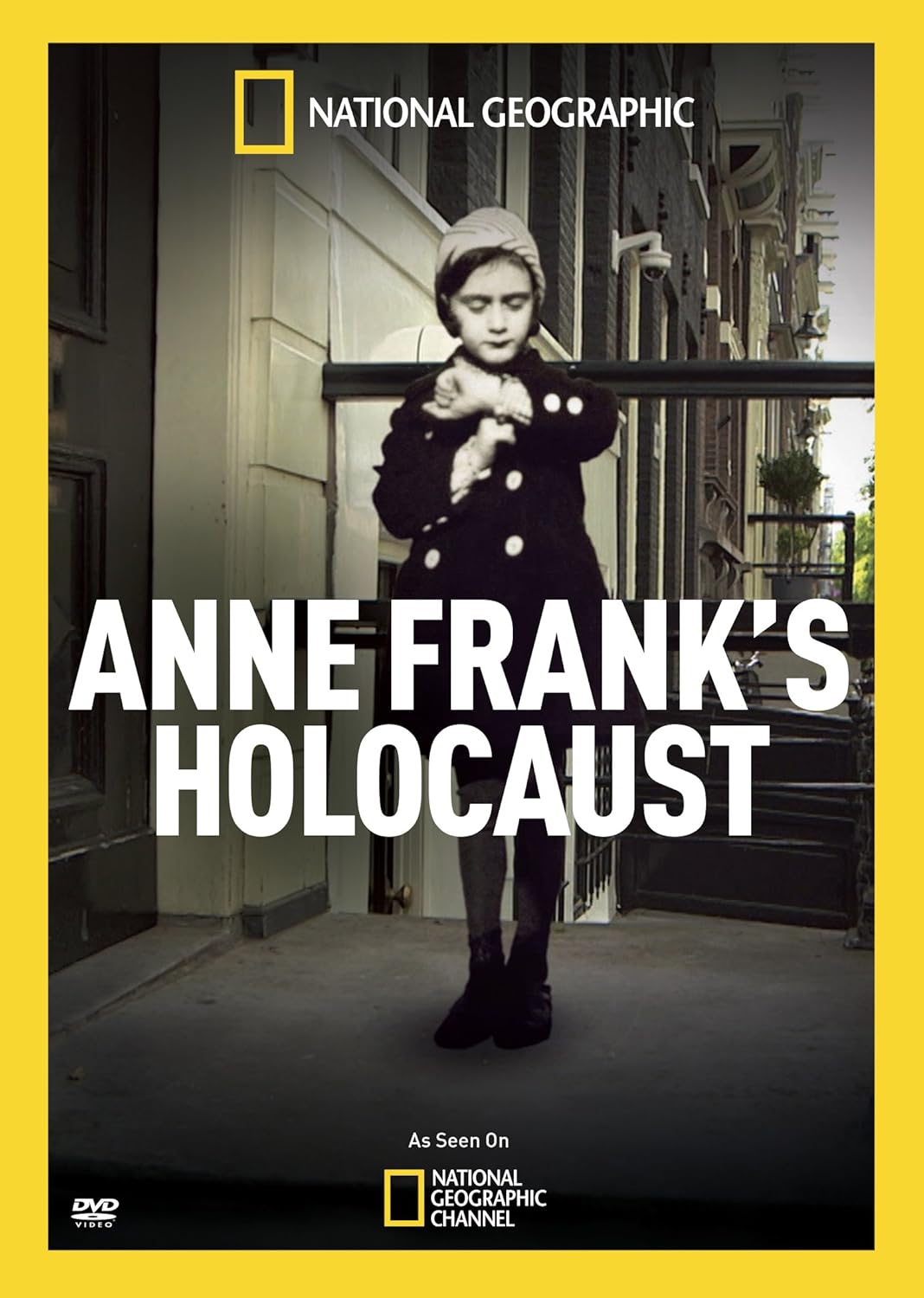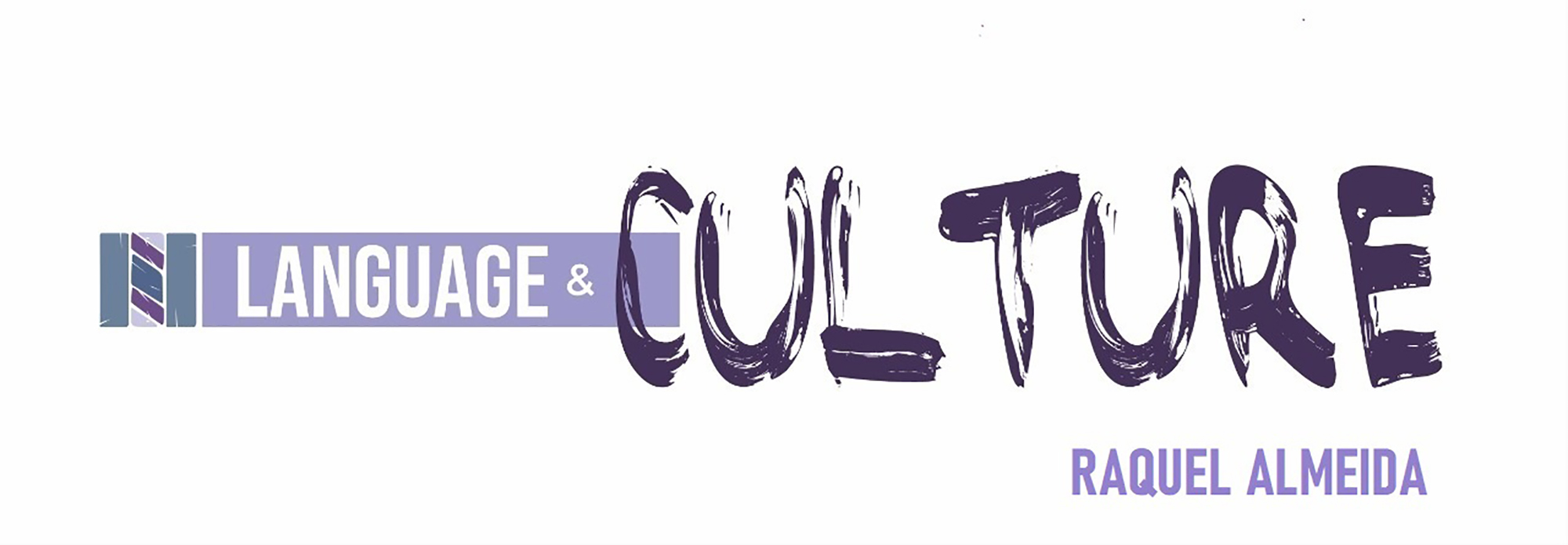Communication channels have huge and intensive impact on cultural matters in society, and so, on human education. Middle and high school students come to the classroom embodied in mediatized cultures. They hold a great range of information and learn several different contents that are taught by the media every day.
The use of digital and electronic media in education render different attitudes by school teachers though. On the one hand, there are teachers who refuse to use them for a number of reasons: they lack technical knowledge, they keep negative or apocalyptic views of the media; also, there are those who prefer to use traditional teaching tools, such as, blackboards and copy notebooks followed by very ordinary methods of teaching.
Furthermore, on the grounds of a technicist perspective of the use of media tools in education, there are those teachers who choose media-based approaches that reproduce values, beliefs and stereotypes about people and society with no educational goals at all. Thus, these tools set rules and methods, tasks and contents in the classroom.
On the other hand, the overuse of these tools by teachers and educational institutions is of great concern, since they can be often introduced in school and/or academic activities with no critical sense. Therefore, how can media tools be critically and effectively used to foster cultural and educational development of students?
Pedagogical experiences based on the theoretical perspective of Media Education (PENTEADO, 1998; PORTO, 1998; MARTIRANI, 1998; KELLNER, 2001) imply a meaningful and subjective dialogism with digital, electronic and printed media. The aim is to go beyond language signs, social representations, and implicit discourses in order to educate students towards critical thinking and language awareness development, contributing to their political and cultural empowerment.
That theory requires clear articulation between methodology, media and student education. Media contents are to be seen as ‘authentic materials’ in foreign language teaching which can be analyzed in two categories: arising themes (FREIRE, 1978) (critical thinking provides an opening for questioning and critical analysis of human, historical, political and social themes); language focus (language awareness of listening, speaking, reading, writing, pronunciation, vocabulary, and grammar teaching).
In 2015, a group of undergraduates from Letras Inglês at a state university in northwestern Paraná State, studied about pedagogical uses of the audiovisual media to English language teaching.
As a final output, they ended up suggesting seven possible uses of audiovisual media in English language teaching within a systematic methodology: a) purposes; b) reasons for the selected audiovisual media; c) a survey of arising theme(s) for discussion in the classroom; d) possible language focus, and e) student learning expectations. These audiovisual media consisted of five films, a cartoon and a documentary.
FILMS:





CARTOON:

DOCUMENTARY:

REFERENCES:
FREIRE, P. Pedagogia do oprimido. 5. ed. Rio de Janeiro: Paz e Terra, 1978.
KELLNER, D. A cultura da mídia: estudos culturais: identidade e política entre o moderno e o pós-moderno. Bauru: EDUSC, 2001.
MARTIRANI, L. A. O vídeo e a pedagogia da comunicação no ensino universitário. In: PENTEADO, H. D. Pedagogia da comunicação: teorias e práticas. São Paulo: Cortez, 1998. p. 168.
PENTEADO, H. D. Pedagogia da comunicação: sujeitos comunicantes. In: ______. (Org.). Pedagogia da comunicação: teorias e práticas. São Paulo: Cortez, 1998. p. 13.
PORTO T. M. E. Educação para a mídia: pedagogia da comunicação: caminhos e desafios. In: PENTEADO, H. D. Pedagogia da comunicação: teorias e práticas. São Paulo: Cortez, 1998.
IMAGENS:
(1) Disponível em: http://snshdwallpapers.blogspot.com/2012/12/taare-zameen-per-wallpapers.html
(2) Disponível em: https://pt.wikipedia.org/wiki/Um_Sonho_Poss%C3%ADvel#/media/Ficheiro:Blind_side.jpg
(3) Disponível em: https://pt.wikipedia.org/wiki/O_Grande_Ditador#/media/Ficheiro:The_Great_Dictator_(1940)_poster.jpg
(4) Disponível em: https://www.rottentomatoes.com/m/bucket_list
(5) Disponível em: https://www.amazon.com/Anne-Franks-Holocaust-None/dp/B00ZE501RS
(6) Disponível em: https://tvtropes.org/pmwiki/pmwiki.php/WesternAnimation/TheMarvelousMisadventuresOfFlapjack
(7) Disponível em: https://www.youtube.com/watch?v=VvYRRh3lhV4
NOTA: Trabalho apresentado pela autora no evento Second Annual Latin American Conference for Teacher-research in ELT em Buenos Aires, Argentina, em 2017, sob o título “English language teaching through audiovisual media in a Brazilian teacher education program”.

